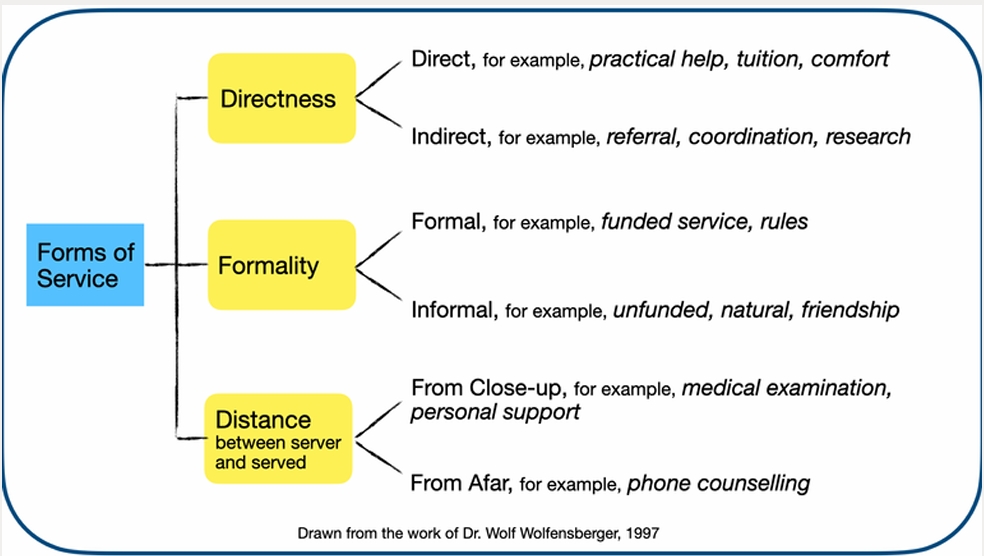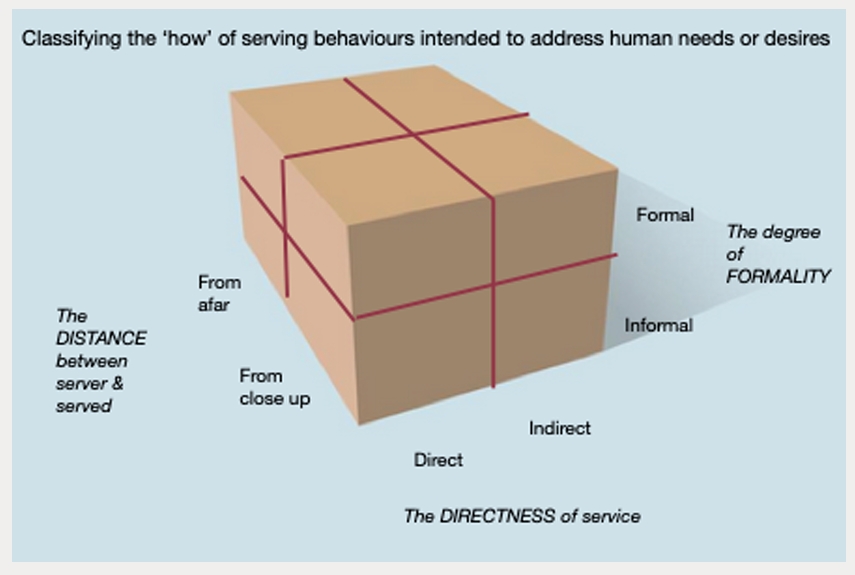
Choosing the Right Support Providers Under NDIS: What You Need to Know
Choosing the right support provider is one of the most important decisions you’ll make as an NDIS participant. The provider you choose directly affects your day-to-day wellbeing, your independence, and how well you achieve your goals. It’s not just about services—it’s about your rights, your choices, and the quality of support you receive.
This is where Standard 1 of the NDIS Practice Standards: Rights and Responsibilities comes in. It’s all about making sure you’re respected, informed, and supported to make choices that are right for you.
Let’s break it down.
What is Standard 1: Rights and Responsibilities?
This standard focuses on ensuring that NDIS participants are treated with dignity and respect. It protects your right to:
- Make informed choices
- Be heard
- Receive support that’s free from abuse, neglect, or exploitation
- Access services that respect your culture, identity, and preferences
Choosing a provider who understands and follows this standard isn’t just good practice—it’s essential.
- Know Your Rights
Before you look at any providers, know what you’re entitled to:
- You have the right to choose who supports you.
- You have the right to change providers if things aren’t working.
- You have the right to be involved in decisions that affect you.
- You have the right to be safe and treated with respect.
If a provider isn’t meeting these basic rights, they’re not the right fit.
- Check for NDIS Registration
Not all providers are registered with the NDIS, but registered providers are required to meet the NDIS Practice Standards, including Standard 1. That means:
- They’re audited against strict quality and safety standards
- They have clear complaints and incident management systems
- They must respect your rights and uphold your dignity
If you’re using NDIA-managed funding, you must use registered providers. Even if you’re plan- or self-managed, registration can be a good sign of accountability.
- Look for Person-Centred Support
Standard 1 emphasizes person-centred supports, which means services should be tailored to you—not the other way around.
Ask providers:
- How do they involve you in planning your supports?
- Do they ask about your goals, preferences, and cultural background?
- Will you have consistent staff, or are there frequent changes?
A good provider will work with you, not just for you.
- Respect, Privacy, and Safety Matter
Support shouldn’t come at the cost of your privacy or dignity. Providers should:
- Ask before entering your home or personal space
- Maintain your confidentiality
- Have clear processes for reporting and resolving concerns
If you ever feel unsafe, disrespected, or uncomfortable—speak up. You’re not being “difficult”—you’re exercising your rights.
- Trust Your Gut—and Get Feedback
When meeting a provider, ask yourself:
- Do they listen to me?
- Are they flexible?
- Do they make me feel safe and respected?
You can also:
- Read reviews
- Talk to other participants
- Ask providers for references or testimonials
Your comfort and trust matter just as much as qualifications and credentials.
- Understand the Service Agreement
A clear service agreement sets expectations—for both you and the provider. It should include:
- The types of support
Choosing the Right Support Providers Under NDIS: What You Need to Know
Choosing the right support provider is one of the most important decisions you’ll make as an NDIS participant. The provider you choose directly affects your day-to-day wellbeing, your independence, and how well you achieve your goals. It’s not just about services—it’s about your rights, your choices, and the quality of support you receive.
This is where Standard 1 of the NDIS Practice Standards: Rights and Responsibilities comes in. It’s all about making sure you’re respected, informed, and supported to make choices that are right for you.
Let’s break it down.
What is Standard 1: Rights and Responsibilities?
This standard focuses on ensuring that NDIS participants are treated with dignity and respect. It protects your right to:
- Make informed choices
- Be heard
- Receive support that’s free from abuse, neglect, or exploitation
- Access services that respect your culture, identity, and preferences
Choosing a provider who understands and follows this standard isn’t just good practice—it’s essential.
- Know Your Rights
Before you look at any providers, know what you’re entitled to:
- You have the right to choose who supports you.
- You have the right to change providers if things aren’t working.
- You have the right to be involved in decisions that affect you.
- You have the right to be safe and treated with respect.
If a provider isn’t meeting these basic rights, they’re not the right fit.
- Check for NDIS Registration
Not all providers are registered with the NDIS, but registered providers are required to meet the NDIS Practice Standards, including Standard 1. That means:
- They’re audited against strict quality and safety standards
- They have clear complaints and incident management systems
- They must respect your rights and uphold your dignity
If you’re using NDIA-managed funding, you must use registered providers. Even if you’re plan- or self-managed, registration can be a good sign of accountability.
- Look for Person-Centred Support
Standard 1 emphasizes person-centred supports, which means services should be tailored to you—not the other way around.
Ask providers:
- How do they involve you in planning your supports?
- Do they ask about your goals, preferences, and cultural background?
- Will you have consistent staff, or are there frequent changes?
A good provider will work with you, not just for you.
- Respect, Privacy, and Safety Matter
Support shouldn’t come at the cost of your privacy or dignity. Providers should:
- Ask before entering your home or personal space
- Maintain your confidentiality
- Have clear processes for reporting and resolving concerns
If you ever feel unsafe, disrespected, or uncomfortable—speak up. You’re not being “difficult”—you’re exercising your rights.
- Trust Your Gut—and Get Feedback
When meeting a provider, ask yourself:
- Do they listen to me?
- Are they flexible?
- Do they make me feel safe and respected?
You can also:
- Read reviews
- Talk to other participants
- Ask providers for references or testimonials
Your comfort and trust matter just as much as qualifications and credentials.
- Understand the Service Agreement
A clear service agreement sets expectations—for both you and the provider. It should include:
- The types of support provided
- Costs and payment terms
- Cancellation policies
- Your rights and responsibilities
If anything’s unclear, ask questions. If a provider won’t answer or rushes you—walk away.
provided
- Costs and payment terms
- Cancellation policies
- Your rights and responsibilities
If anything’s unclear, ask questions. If a provider won’t answer or rushes you—walk away.



